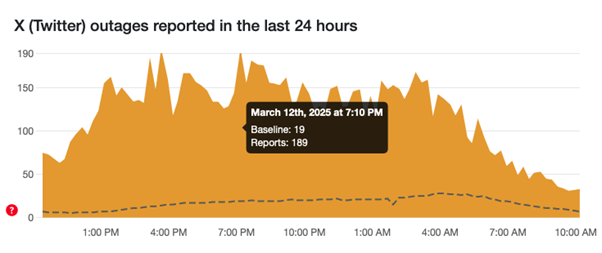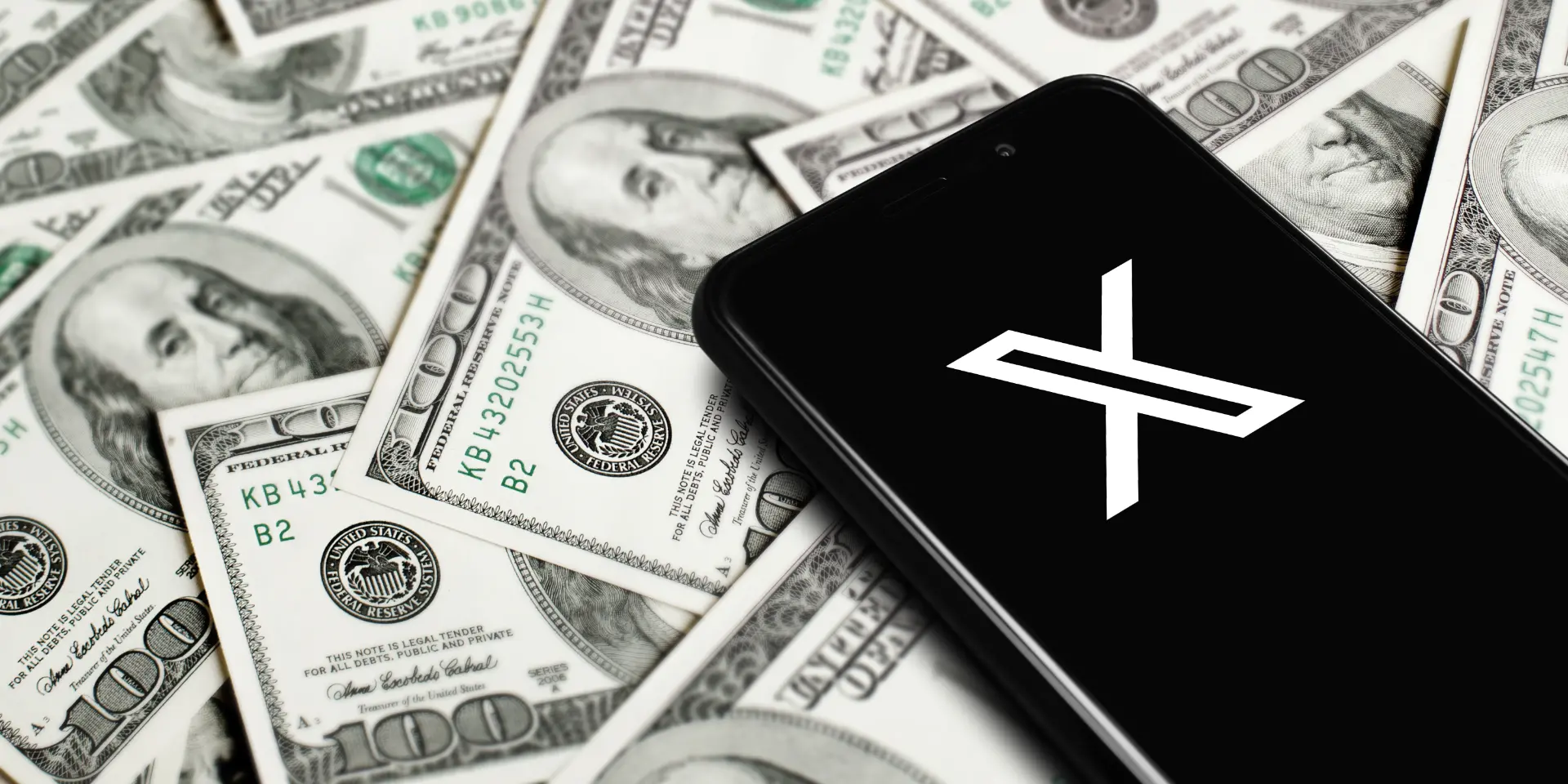Table of contents
- An unprecedented blackout: X under attack
- Dark storm team claims responsibility
- Musk blames Ukraine, but experts refute his claims
- Suspicious precedents and an uncertain future
An unprecedented blackout: X under attack
It was a turbulent day for X, Elon Musk’s social platform, which suffered a massive cyberattack that disrupted access worldwide.
The first outages occurred in the morning, peaking at 10:55 AM, but the situation worsened in the afternoon when Downdetector reported new issues from 5:00 PM (Italian time).

Musk quickly addressed the incident, claiming the attack was the work of a coordinated group or a hostile nation. “We are attacked every day, but this was done with significant resources,” he stated in a post on X. Shortly after, the platform came back online, but the cyber warfare threat remains.
Dark storm team claims responsibility
Adding fuel to the fire, the Dark Storm Team took responsibility for the attack via Telegram, stating that they had targeted Italy, Israel, Germany, France, and Iran.
Founded in 2023, the group is known for its advanced cyber warfare tactics and breaches into government systems. According to Orange Cyberdefense, the Dark Storm Teamfollows a pro-Palestinian agenda and had already threatened to launch a series of cyberattacks against NATO-affiliated nations and Israel’s allies.
Musk blames Ukraine, but experts refute his claims
In an attempt to pinpoint the culprits, Musk told Fox Business that the attacks originated from Ukrainian IP addresses, though he provided no evidence. However, a Wired report has raised serious doubts about his version.
According to cyber security experts, there is no concrete evidence that Ukrainian IP addresses played a significant role in the DDoS attack that took down X.
In fact, one researcher revealed that Ukraine was not even among the top 20 countries involved.
Moreover, it emerged that X may have been compromised due to poor server security, as its backend systems were publicly accessible and not adequately protected by Cloudflare, the security tool used to shield platforms from DDoS threats.
Suspicious precedents and an uncertain future
This is not the first time Musk has claimed a cyberattack without providing clear evidence.
Last year, he blamed a livestream failure during an event with Donald Trump on a “massive DDoS attack”, but later reports revealed it was actually due to internal technical issues. This incident raises questions about X’s security and its vulnerability to future attacks.
